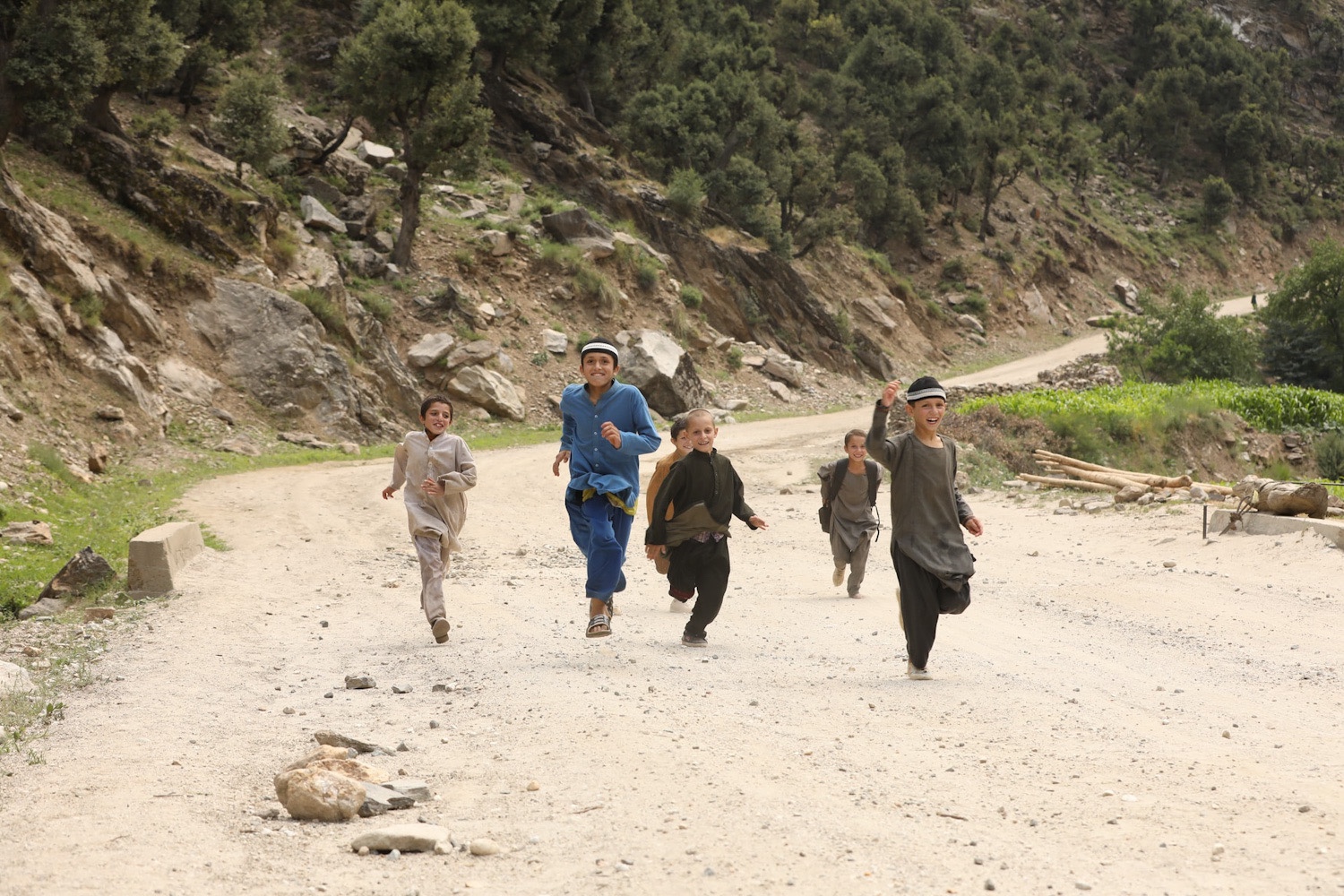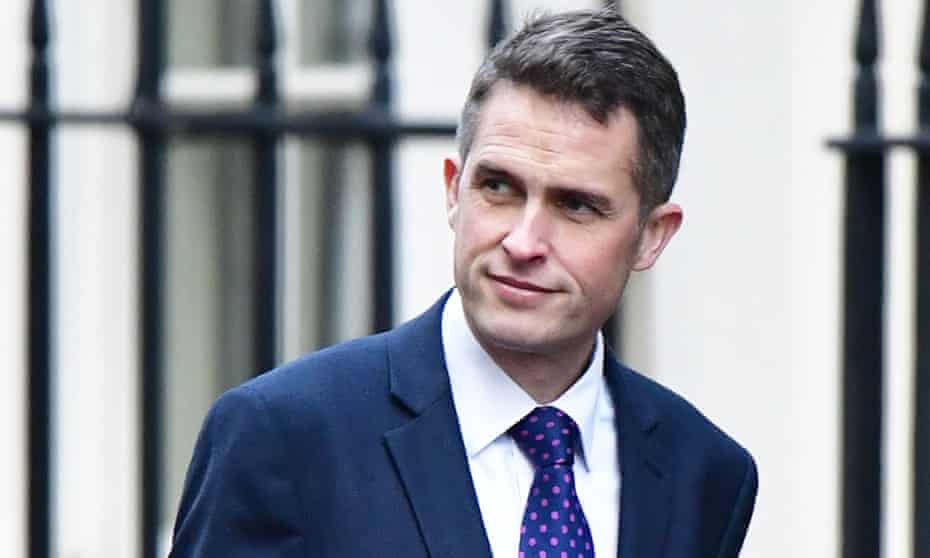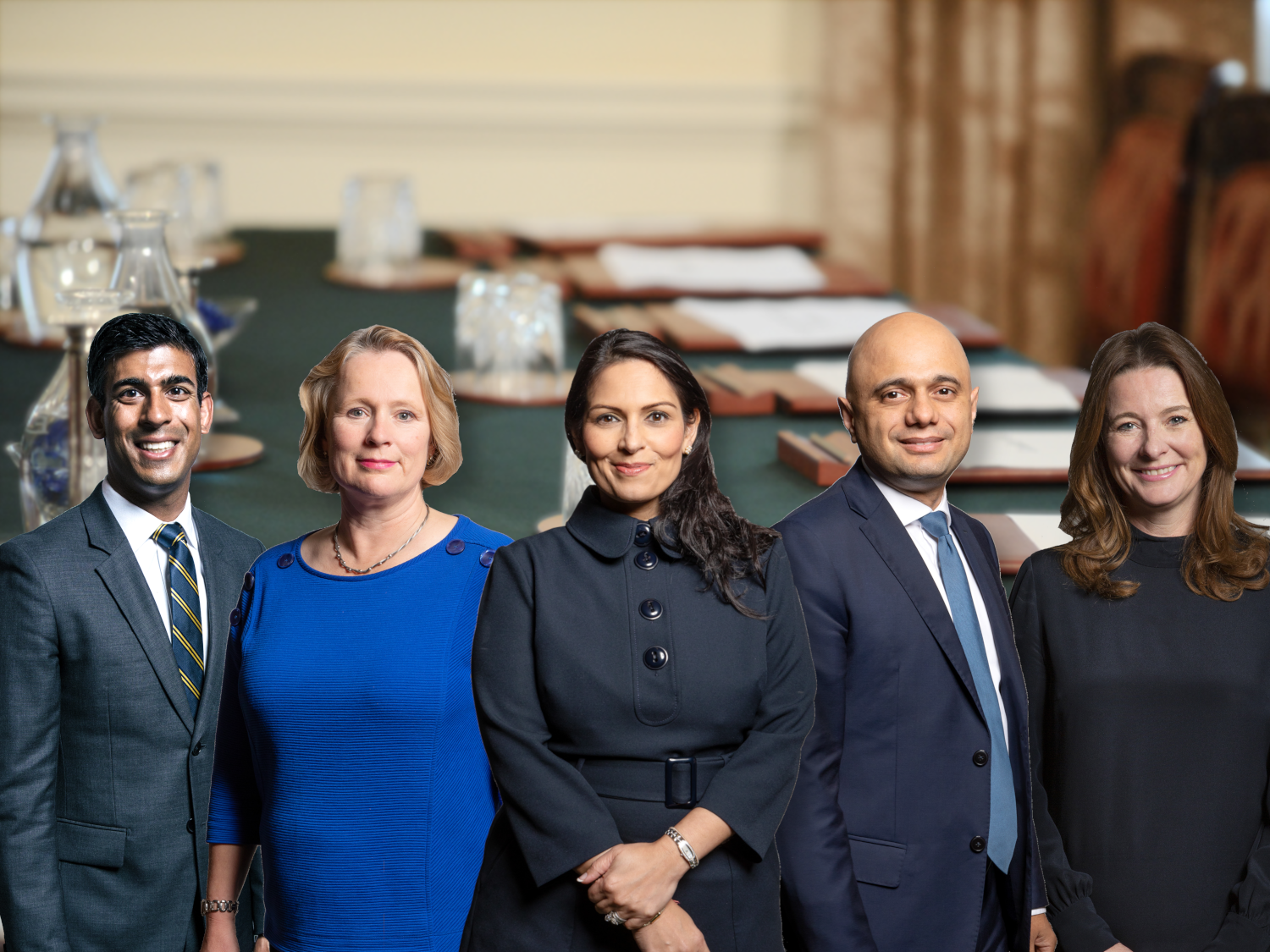The fall of Afghanistan has now happened. The country is once again under the control of the Taliban and anything short of a ground invasion, as seen in the early 2000s, is unlikely to change the situation. These are the facts. So, what will be the West’s response? It seems that, for the moment at least, it will be a mixture of platitudes and damage control. The platitudes will include speeches and stern letters that will generate a great amount of copy written about the humanitarian cost, the political malaise and the resulting damage this will not only do to the region but the world as a whole. But this won’t actually do anything to change the situation.
The damage control will mainly focus on ensuring that those most vulnerable will be able to escape the harm that the Taliban are going to inflict upon them and this should, rightly, be the first priority of Western nations. Canada has already announced it will accept 20,000 of the most vulnerable refuges, a positive step forward. Britain on the other hand dithered with Boris Johnson and Dominic Raab acting not unlike characters from a P G Wodehouse novel when faced with a problem. Unfortunately for them there is no Jeeves to arrange events so they come out smelling of roses.
Clearly, Britain’s initial failure to accept those students from Afghanistan who have won places at British universities to come to the UK because it might “set a precedent” for other refugees was not only nonsensical but backward and cruel. What use is the global Britain that both Johnson and Raab has spent a great deal of time attempting to promote if it simply means turning your back on anyone who isn’t exactly the same as you?
Britain’s decision now, to accept and facilitate the safe passage of British citizens and those Afghans who are most vulnerable to the Taliban’s brutality because they have worked with Britain, is welcome – even though the decision took far too much time and pressure on the government than it should have done. We must also ensure that those who are most vulnerable to oppression – because of their advocacy or their role in educating girls, or their sexuality – are given safe passage. The recent U turn on those Afghan students who have won places at British universities is also welcome but again the amount of time and energy expended on changing the government’s mind is shameful. Our first priority must be to ensure the safe passage of as many vulnerable people as possible out of Afghanistan. This is a clear, uncontroversial and moral first step.
But it is only a first step and one which will, in the long term, not change the makeup of the Middle East or help Afghanistan return to its path towards a democracy. There are of course those on both the left and right who believe that we should simply write the country off. ‘We tried our best,’ they say, ‘our troops died fighting there and look what happens as soon as we leave? Not worth the hassle.’
Whilst the concept of a forever war, as some on Capitol Hill have referred to America’s conflict in Afghanistan, is clearly not one that anyone would want it is a simplification of a complex and personal moralistic question: to what extent is it incumbent upon us to help nations that face brutal dictatorships? As President Biden, then candidate Biden, said when asked if he felt he should take the blame for the fall of Afghanistan, “So should we got to war with China?”, referencing the plight of the Uyghur people in Chinese concentration camps. Biden’s point, whilst factious does have a colonel of truth in it. There is, ultimately, no way yet that the West could free the Uyghur Muslims without sustained economic or military efforts that, in the end, may not even be successful.
Similarly, given Britain’s current weakened economic position on the world stage there has been muted responses to the current situation in Kashmir because heaven forefend we upset Modi by questioning the legitimacy of isolating a supposedly autonomous region from the rest of the world. It is understandable to have this point of view – that the West should try and sort its own house out, that we shouldn’t be the world’s police etc, etc. But this argument is fairly woollen headed. Both Britain’s reaction to India and America’s to China are based on the presumption that if we leave well alone all will be well. We can tut all we like and say how bad things are in countries that are oppressive and that will be that. Our morality will be quenched, we will feel we have done what we can and if anything goes wrong it is not incumbent upon us to try to make a difference. This never works of course, and Afghanistan is a prime example. We can say we tried, we can tut all we want, we can pretend we’ve done our best but that’s not going to be much comfort to the people of Afghanistan who will now be forced to live under an oppressive, bigoted regime.
Similarly, does Biden and those who support his policy really believe that it will end here? That the Taliban will be satisfied by taking control of Afghanistan again? We know that they won’t and that they will continue their vile crusade as far as they possibly can – whether through increased terror activity or funding of terrorist activity, aiding in the training of terrorists or potential further attempts at territorial expansion (the last is the least likely to occur but it shouldn’t be ruled out given the speed by which they retook Afghanistan). Therefore, the clear and more prescient course of action is to engage not only in financial, political and social sanctions but consider the possibility of a further military intervention.
Critics of this possibility would say, well we tried that before and it failed therefore what’s the point? We won’t solve the Middle East’s problems in a decade or even a century so why bother? And they are partially right. We aren’t suddenly going to fix the infrastructure problems of Afghanistan or its neighbours in the next decade. We won’t suddenly close the education gap between East and West overnight. We won’t ensure that there is an unimpeachable democratic system in place in five or ten years – given the recent attempted insurrection in the United States at the start of this year and the various attempts to overturn Biden’s own election we would be foolish to make such a promise.
The point shouldn’t simply be a “will we achieve this in five years”, we are not talking as we would about domestic politics about implementing an internal reform to the Home Office or the civil service. The point is that people’s welfare is in danger. The lives of ordinary innocent Afghans are at stake because of our own complacency, our own failure to stop a fundamentally evil force from gaining ground in a country that has suffered a great deal, not least through fights between western powers. We won’t make things perfect overnight, but we can and should attempt to make them better. Women have been able to go to school because we pushed the Taliban back in Afghanistan. LGBTQ people have not suffered the same kind of bigotry and harm that they have and will do under the Taliban.
This is why we should do our upmost to not abandon the people of Afghanistan because we have an obligation to them. Because it is the right thing to do. Because we will be making the world a far darker and more dangerous place by doing nothing. So let us not be clouded right now by thoughts of a five- or ten-year plans to make everything right and then leave again because that will not happen. Even if we are to push the Taliban back, even if we are to eradicate them from the face of the Earth, Afghanistan will not suddenly become a nation free from illness or from poverty or from deprivation. But it will become a safer place and with time one that will become more inclusive.
It is this future that we should fight for and ensure that we do all we can to push back on the Taliban’s hateful grip of Afghanistan. As Martin Luther King one said, the arc of the moral universe is a long one, but it inevitably bends towards justice. Let us help that arc in Afghanistan and ensure it transforms the country for the better.

Will Barber Taylor
Will is a writer and member of the Labour Party. He is passionate about local communities and progressive politics that can help people. He is reading History at the University of Warwick and is working on a short book on Philip Snowden.




